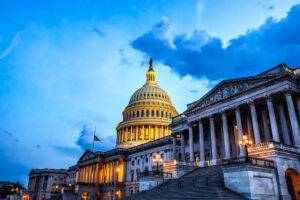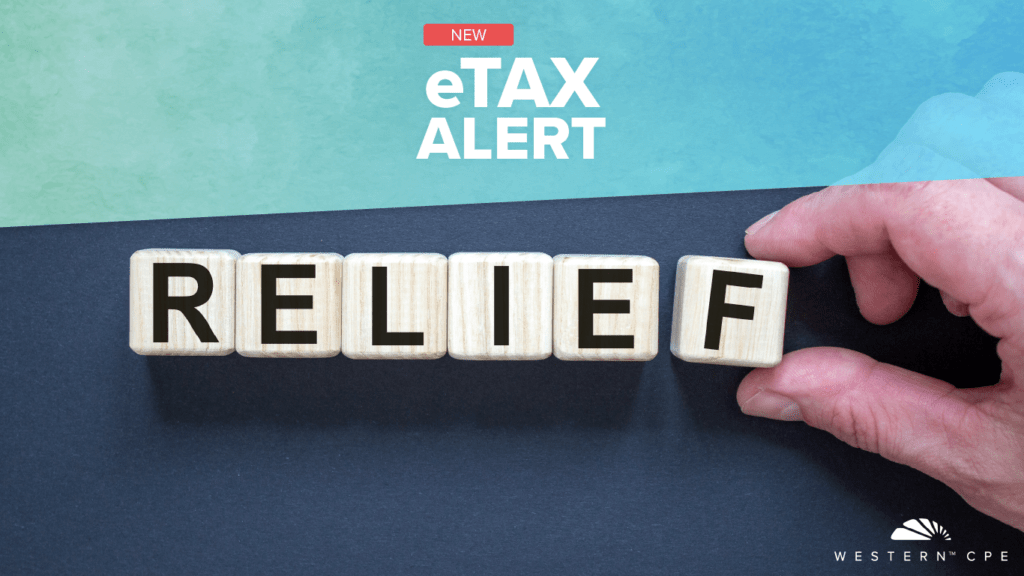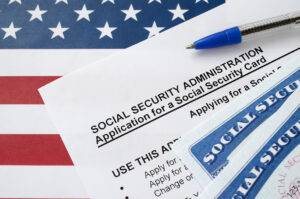

The IRS has thrown a rope of relief to those affected by a so-called trap for the unwary related to postponed return filing deadlines during the pandemic. The IRS issued Notice 2023-21 this week, which grants taxpayer relief for determining the lookback period for claims for credit or refund associated with return filing postponements under Notice 2020-23 and Notice 2021-21.
In other words, most taxpayers now have more time to file tax refund and credit claims for returns with postponed due dates during the pandemic.
Background: Notices and Postponements Related to the COVID-19 Pandemic
- Notice 2020-23 (which amplified Notice 2020-18 and Notice 2020-20) postponed certain federal tax return filing and payment requirements that were due on or after April 1, 2020, and before July 15, 2020, to July 15, 2020.
- Notice 2021-21 postponed the due date for both filing federal income tax returns in the Form 1040 series with an original due date of April 15, 2021, and making income tax payments in connection with one of these forms to May 17, 2021.
- Under section 6511, taxpayers who timely filed their tax returns by the postponed due dates provided by Notice 2020-23 and Notice 2021-21 have three years from the date of filing their return for each year to timely file a claim for credit or refund for that year.
Postponements, Extensions, and Lookback Periods
However, while Notice 2020-23 and Notice 2021-21 postponed certain return filing and payment due dates, it did not extend the time for filing the returns because under current law, a postponement is not the same as an extension. What do I mean? Well, when taxpayers request a filing extension, the period of the extension is automatically included in the three-year lookback period. However, that’s not the case for postponements granted by the IRS under section 7508A. Accordingly, these postponements under Notice 2020-23 and Notice 2021-21 did not lengthen the lookback periods under section 6511(b)(2)(A).
Because of this trap for the unwary, dubbed as such by National Taxpayer Advocate Erin M. Collins, payments made by taxpayers, including estimated and withheld income taxes deemed paid on April 15 of each year or calendar-year taxpayers, would fall outside of the lookback period if returns were timely filed after April 15.
How This Change Grants Relief to Taxpayers
However, under Notice 2023-21 the IRS has now disregarded the period of postponement for filing returns for tax years 2019 and 2020 to determine the beginning of the lookback period. So, taxpayers who had a return filing due date postponed by Notice 2020-23 or Notice 2021-21, who did not receive an extension of time for filing such return, and who file timely claims for credit or refund are permitted to be credited or refunded amounts deemed paid on April 15 of each year.
“Taxpayers will never know this was a potential problem as the IRS did the right thing and proactively fixed the lookback period to eliminate challenges and refund denials for taxpayers,” Collins said in an NTA Blog post this week. However, this relief is limited to pandemic-related postponements, and does not offer a permanent solution for other disaster relief. Collins is advocating that this relief be made permanent by amending section 6511(b)(2)(A) in anticipation of any future circumstances where the IRS postpones filing deadlines for disaster relief.
Recent Stories



Senate Finance Committee Revisions to OBBBA


California Corner: FTB Experiencing Technical Issues

Next Up...
- |
- TaxByte
- |
- TaxByte
